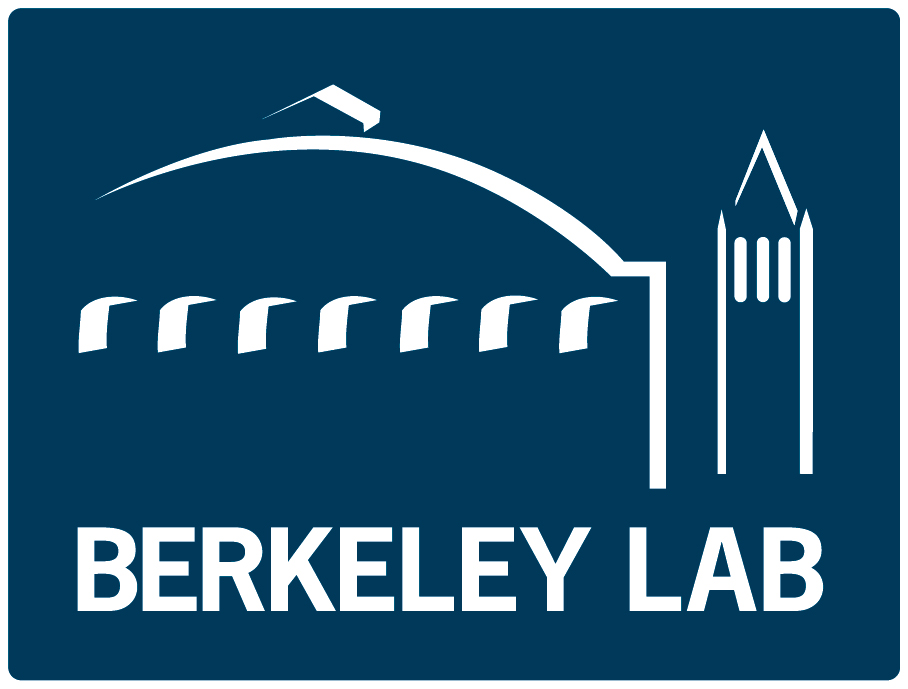APPLICATIONS OF TECHNOLOGY:
- Phage engineering
- Cataloging and Control of phages
- Diagnosis and Antibiotic Discovery
ADVANTAGES:
- No interference of the phage infection cycle
- No compromise of the host bacteria life cycle
- Enables easy amplification of the DNA “barcode” for identification, tracking and control of individual phages
- Standardizes the workflow to identify and quantify phages
ABSTRACT:
With increasing instances of antibiotic resistance, there is an urgent need for practical, targeted alternatives to treat infection in humans, animals, water, fisheries, and the entire food cycle. Although phages are considered to be possible alternatives for a host of reasons, they have been difficult to engineer, therefore creating a barrier for the study of gene-essentiality. To address this issue, researchers at the Berkeley Lab have developed an approach to barcode phages without compromising their host bacteria killing activity and growth cycle. Notably, it overcomes the challenge of identifying a region that is not essential for phage growth and infection.
The DNA barcoding was achieved via the creation of the first systematic loss-of-function (LOF) libraries of phages. Using technologies such as RB-TnSeq and CRISPRi, researchers studied gene essentiality and then utilized the non-essential gene location to insert a unique “n-mer DNA barcode”. The non-essential gene may not impact the infectivity of a phage. This barcoding strategy creates a handle for identifying, quantifying, and tracking a barcoded phage, which is significantly improves the workflows that enable standardized quantification of phage cocktails in diverse conditions.
In general, as the processes for phage discovery and engineering mature, the aforementioned tools (i.e. identification and quantification) are very much needed for efficient development and verification and are of commercial value. Bacteriophages – nature’s most abundant bacterial predators – may be a promising approach to developing antibiotic phage for applications in many fields of life science research including soil microbiology, plant pathogen resistance, biomanufacturing, and environmental bioremediation.
DEVELOPMENT STAGE: Discovery and development.
STATUS: Patent pending. Available for licensing or collaborative research.
SEE THESE OTHER BERKELEY LAB TECHNOLOGIES IN THIS FIELD:
High-Throughput Methods to Characterize Phage Receptors and Rational Formulation of Phage Cocktails 2019-048
